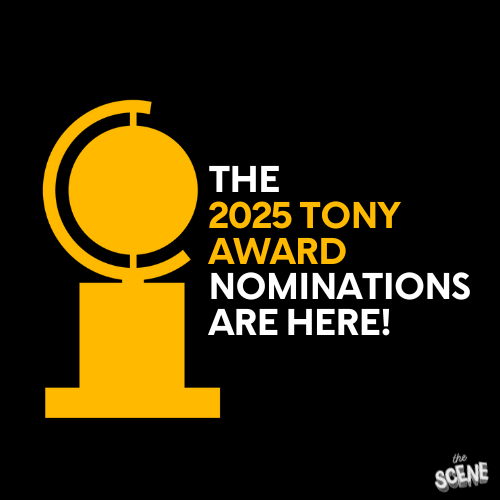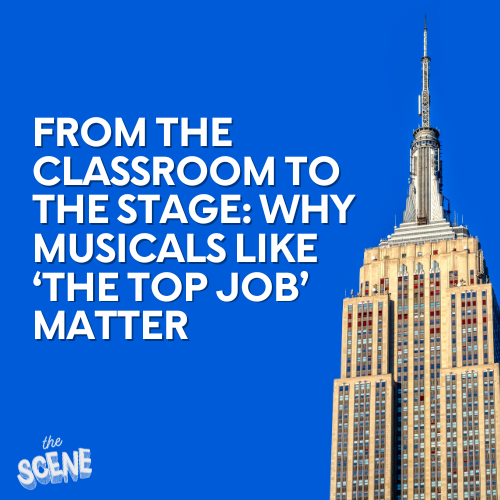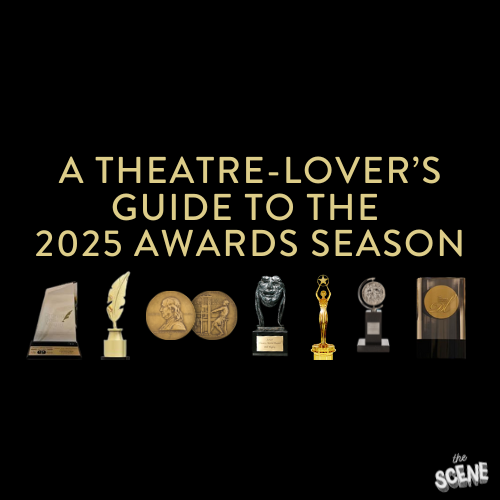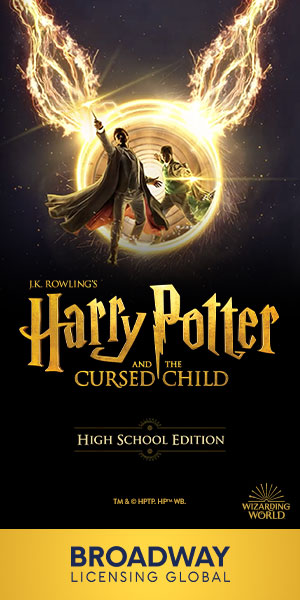by Zach Dulli, The Scene
In the vibrant world of theatre education, where creativity and expression should reign supreme, a shadow looms large: the challenge of censorship. It’s a tightrope walk for educators, balancing the need for artistic freedom with the constraints imposed by various stakeholders. The question, “Who decides what teachers can teach?” opens a Pandora’s box of debates, policies, and ethical considerations.
Unpacking the Players in the Drama of Censorship
- Educational Institutions: Often, the first line of decision-making lies with the schools themselves. School b ards and administrators, wary of a backlash from parents or the community, may preemptively limit material deemed controversial. The dilemma? Defining ‘controversial’ One person’s ‘edgy’ is another’s ‘inappropriate.’ This leads to a cautious, sometimes overly conservative approach to show selection. This conservative stance can, unfortunately, sideline important artistic works that provoke important thought and discussion.
- Parents and Community: The voices of parents and the broader community are powerful in shaping the landscape of theatre education. Parents concer ed about the content their children are exposed to can exert significant pressure on schools to conform to their personal values and beliefs. This situation is particularly pronounced in smaller communities where schools are closely integrated into the community fabric, making theatre productions a focal point of community identity and values.
- Legal and Political Frameworks: State laws and district policies can set boundaries that cannot be ignored. These roles can sometimes strangle creativity and limit exposure to diverse perspectives and challenging themes crucial for a well-rounded education. While most of these frameworks are intended to provide guidance, they can sometimes become restrictive handcuffs that limit creative freedom. The challenge lies in interpreting these guidelines in a way that balances legal compliance with artistic integrity.
- Teachers Themselves: Finally, teachers, the directors of the educational stage, have to make daily choices about what to teach. Balancing personal ethics, professional responsibilities, and the potential for controversy, teachers must tread carefully, often erring on the side of caution to avoid professional repercussions. The ever-present question in the mind of many theatre educators is, “Will this get me into trouble?”
The Impact of Censorship on Theatre Education
The impact of censorship in theatre education extends far beyond the mere exclusion of certain plays or musicals. It strikes at the very heart of education, stifling opportunities for students to engage with diverse narratives and complex social issues. Censorship can inadvertently promote a culture of fear and conformity rather than encouraging critical thinking, empathy, and creative expression.
Strategies for Effectively Navigating Censorship
- Promoting Open Dialogue: Fostering open communication channels with all stakeholders – administrators, parents, students, and even the community at large – is crucial. This dialogue can not only help to understand the varying perspectives, but it also provides an opportunity to clear up any misconceptions about the show or its cont nt long before rehearsal begins.
- Highlighting Educational Value: When selecting shows, it’s essential to foreground their educational merits. Plays and musicals should be chosen not just for their entertainment value but for their potential to enrich students’ understanding of literature, culture, history, human psychology, and more. Make sure you are clear about the educational value of the show before you begin to speak about it with various stakeholders. This will allow you to maintain some level of control over how the show is perceived in your school and community.
- Alternativ Options: Have a Plan B. If a particular play is deemed unsuitable, be ready with alternatives that still offer rich educational experiences. Flexibility is key, and having alternatives ready can be an effective strategy in navigating censorship hurdles.
- Advocacy and Professional Development: Educators should actively seek out and participate in professional development opportunities focused on dealing with censorship. Additionally, advocating for artistic freedom within the educational system is crucial for fostering a more open environment for theatre education.
In Conclusion, The Show Must Go On
In the final act, dealing with censorship in theatre education is about finding balance. It’s about respecting diverse views while championing the intrinsic value of artistic expression. It’s a journey of negotiation, compromise, and sometimes, creative reinvention. The goal remains clear – to ensure that theatre continues to serve as a dynamic and powerful medium for education, one that challenges, entertains, and inspires the next generation of thinkers, artists, and citizens.



